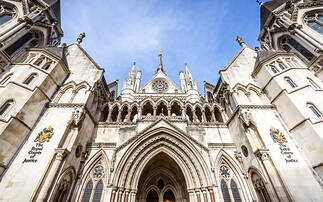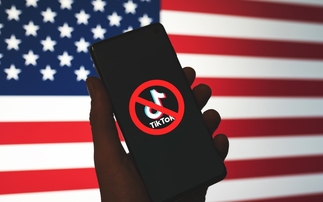Embarrassing and rare admission from government stops short of admitting there was any 'deliberate wrongdoing' from the intelligence agencies
The government has admitted that conversations between lawyers and their clients that have been monitored by UK intelligence agencies, including MI5 and MI6 are unlawful. It said that secret pol...
To continue reading this article...
Join Computing
- Unlimited access to real-time news, analysis and opinion from the technology industry
- Receive important and breaking news in our daily newsletter
- Be the first to hear about our events and awards programmes
- Join live member only interviews with IT leaders at the ‘IT Lounge’; your chance to ask your burning tech questions and have them answered
- Access to the Computing Delta hub providing market intelligence and research
- Receive our members-only newsletter with exclusive opinion pieces from senior IT Leaders






















